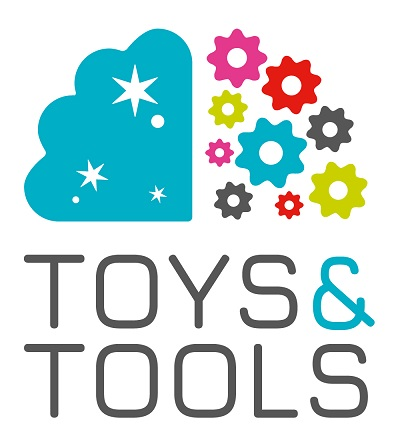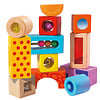The child and parent or supervisor work together. The book '' Emotieklets'' is a tool to talk about emotions in a relaxed way and to make plans to better deal with all those emotions. Read more
Emotion Chat -Dutch
The child and parent or supervisor work together. The book Emotiklets is a tool to talk about emotions in a relaxed way and to make plans to better deal with all those emotions.
Many parents find it difficult to talk to their child about emotions such as sadness, fear or anger. While that's just so important. Child psychologist and educator Tischa Neve, together with chat book author Michal Janssen, wrote ''Emotiieklets'' , a new title in the chat series of ''gezinnig''. With Emotiklet children get to know and understand their own emotions better and they discover how to deal with their emotions, without them being tucked away or soothed.
Emotional chat has 168 pages and consists of three parts. The child and parent or supervisor work together. PART 1 is for reading, with the most important message: all emotions are allowed to be there. PART 2 contains questions and assignments that help a child get to know his own emotions better. Fly together to the islands of Happy, Sad, Angry, Scared, Proud, Grumpy, Tense, Jealous, Insecure and Relaxed. Read the explanation and complete the questions and assignments. The book is full of ideas and tips for difficult moments. Let your child try out what works for him. This way you can create a personal user manual. Emoticons is not a fill-in book, but you can fill in the help cards from PART 3 together.
Emotion chat is a playful tool for at home, but also suitable for teachers, coaches and therapists. It is made for children aged 5 to 12 years. Unlike most other chat books, Emotiklets is not a fill-in book. This way you can use it for several children and you can do the same chapter or assignment again when your child is a bit older. Use the book to build a solid foundation for your child to learn and explore emotions. But you can also pick up the book after a difficult moment, for example after an angry mood. Always read small passages. Sometimes 1 page at a time is enough. Don't expect ready-made solutions (if only life were that simple!), but a wealth of exercises and insights to find out what is helpful for your child.



 Toys
Toys
 motor skills
motor skills
 Sences
Sences
 Tools
Tools
 Coaching and School
Coaching and School
 Snoezelen
Snoezelen
 Sale and More
Sale and More
 Free Printables
Free Printables




![Conversation Cards Executive Functions [Primary School Set]](https://cdn.webshopapp.com/shops/16591/files/394661399/200x200x2/image.jpg)
